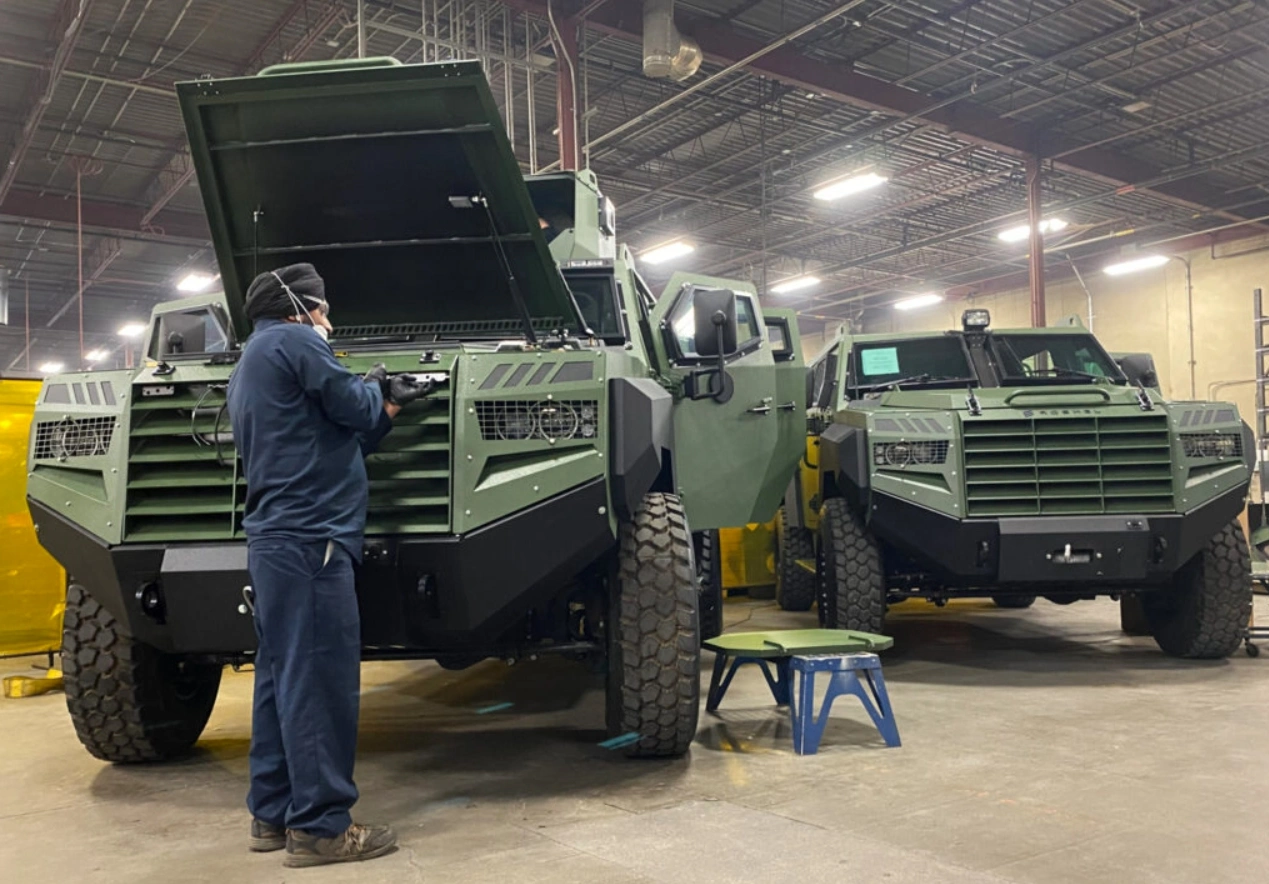Halifax Tar
Army.ca Legend
- Reaction score
- 18,140
- Points
- 1,260
We send officers to 4 years of university. I was sent on a very expensive Masters degree to get me the skills I needed for a job. I think it's BS how much we try to shaft our NCMs.
We aren't even doing our units any favours. A half trained tech requires so much more mentoring and support. And all the training requires moving them around and waiting on PAT. Put them in one place for two years and organize the courses back to back and you get a pipeline with reduced waiting and a more useful product at the end.
I've actually advocated for this. Unfortunately the feedback I always get is that it's not worthwhile to spend that much on NCMs. Meanwhile we now have to pay bonuses for all these trades or sponsor education at community colleges throughout the country with no control on timing or curriculum.
The CAF doesn't seem to be big on PD/Education for NCMs, unless its FLT. Or the NCM wants to commission.





